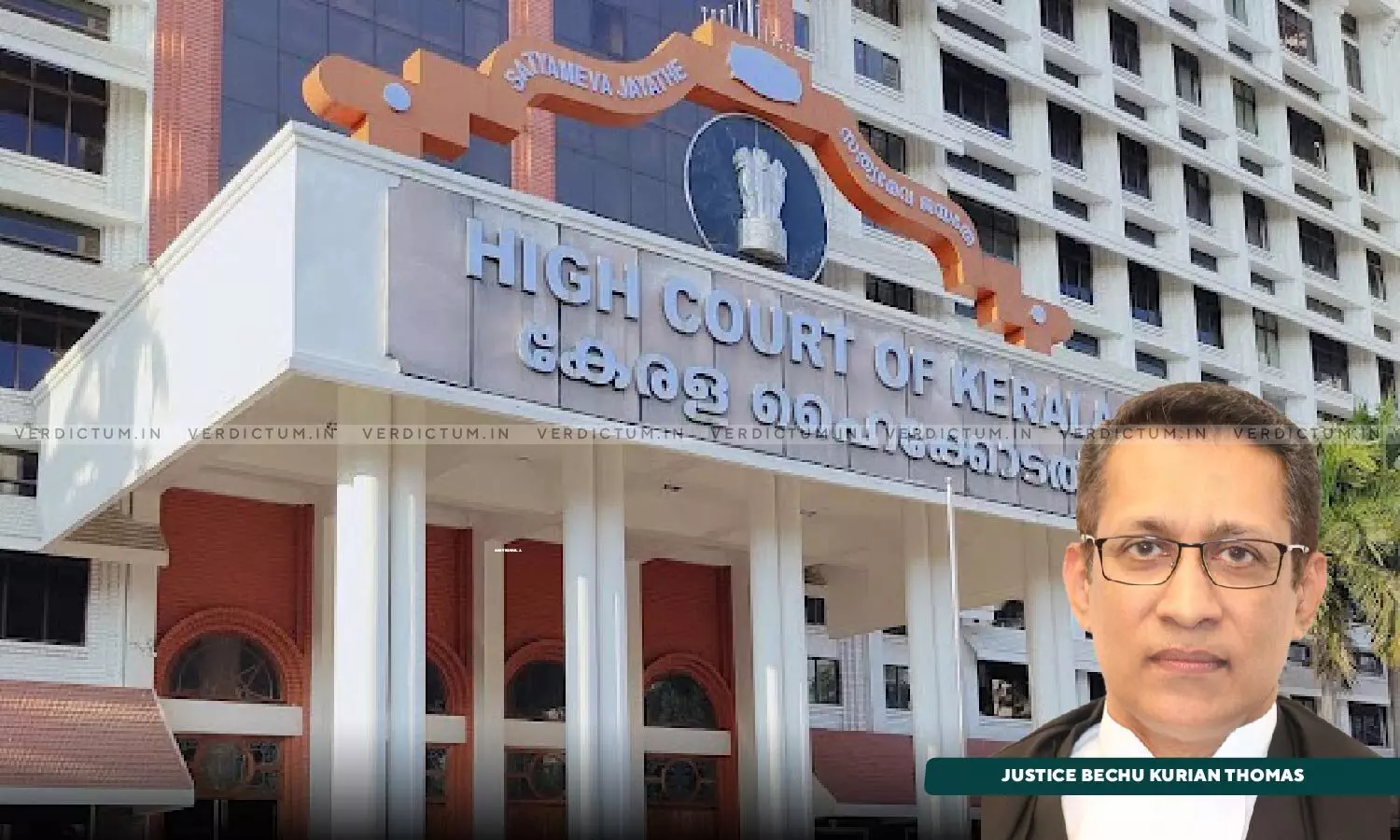
Identification Of Contraband Based On Smell From A Person's Breath Not Acceptable As Evidence To Justify Criminal Prosecution Under NDPS Act: Kerala HC
 |
|The Kerala High Court held that identification of the nature of the contraband based on smell from the breath of a person cannot be acceptable evidence to justify a criminal prosecution under the NDPS Act.
The Bench quashed the criminal proceedings against the petitioner who was accused under Section 27(b) of the Narcotic Drugs and Psychotropic Substances (NDPS) Act, 1985. The Court clarified that if a person was permitted to be prosecuted on the mere basis of smell from his breath, it could lead to anomalous situations where the Investigating Officers would be able to rope in any person as an accused in an NDPS offence.
A Single Bench of Justice Bechu Kurian Thomas observed, “The olfactory abilities of a person can at the most trigger a suspicion. The odourant receptor genes of humans play a vital role in our sense of smell and as the ability of the said gene is subjective, reliance upon such an identification cannot be conclusive. Sensory perception of human beings is not standardised or a constant and therefore that ability cannot be a substitute for proof. To identify the nature of the contraband on the basis of smell, that too, from the breath of a person cannot be a piece of acceptable evidence to justify a criminal prosecution.”
Advocate Adith Kiran R.S. appeared for the petitioner, while PP C.N. Prabhakaran represented the respondent.
The case of the prosecution was that the petitioner was allegedly found smoking a ‘cigarette’. The police complaint stated that when approached by the investigating officer, the petitioner discarded the cigarette into the dam. The officer then claimed to have detected the smell of ‘ganja’ from the breath of the petitioner, leading to his arrest and subsequent charge under Section 27(b) of the NDPS Act, which penalises the consumption of narcotic substances.
The prosecution submitted that evidence could be either documentary or oral and that there was no restriction on using oral evidence to prove the accused consumed a narcotic drug. It was also argued that medical evidence could be adduced to justify the case, making it unnecessary to invoke jurisdiction under Section 528 of the Bharatiya Nagarik Suraksha Sanhita, 2023.
The Bench clarified that the olfactory abilities of a person can at most trigger a suspicion, however, reliance upon such an identification cannot be conclusive. “The odourant receptor genes of humans play a vital role in our sense of smell and as the ability of the said gene is subjective, reliance upon such an identification cannot be conclusive,” the Court remarked.
The Court observed that in the absence of contraband or a medical test to justify the allegation of consumption of a narcotic drug, the prosecution can't prove the nature of the contraband.
The Court stated, “Sensory perception of human beings is not standardised or a constant and therefore that ability cannot be a substitute for proof.”
Consequently, the Court held, “In the case on hand, the contraband article allegedly consumed was not recovered nor is there any medical evidence to justify the allegation. Hence, I am satisfied that the prosecution against the petitioner is an abuse of the court's process and must be interfered with.”
Accordingly, the High Court allowed the petition.
Cause Title: Ibnu Shijil v. State Of Kerala (Neutral Citation: 2024:KER:60608)
Appearance:
Petitioner: Advocates Adith Kiran R.S. and Nandagopal S.Kurup
Respondent: PP C.N. Prabhakaran